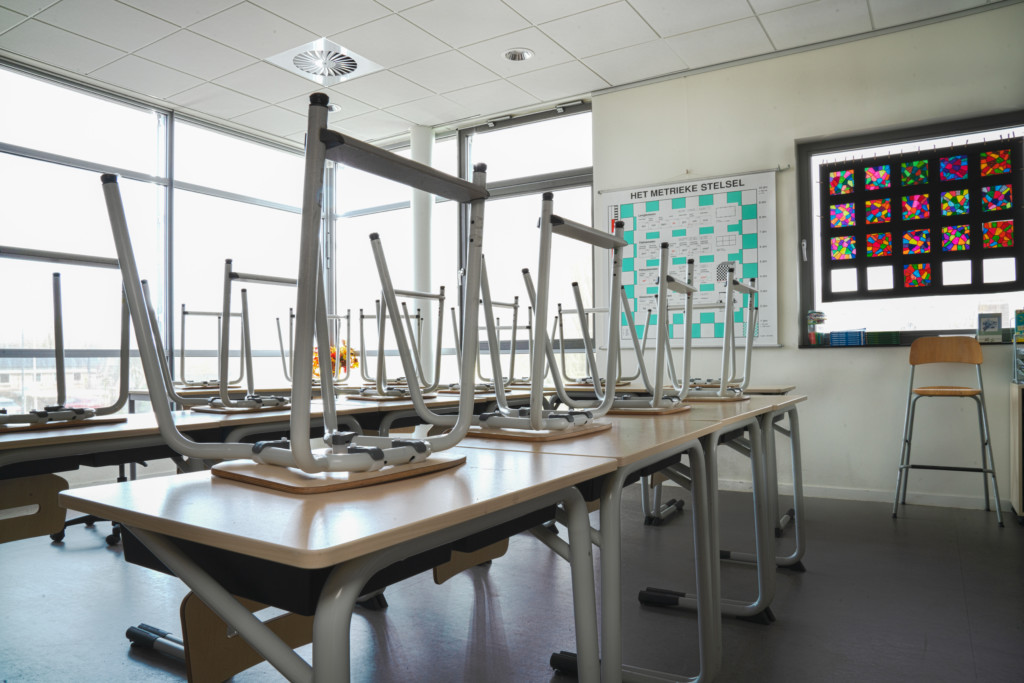
Was pandemic learning loss a necessary evil to create a more just society?
One teachers union representative from Richmond, Virginia seems to think so. In an interview with ProPublica, Melvin Hostman, who serves on the Richmond Education Association’s executive board, remarked that “the whole thing about learning loss I found funny is that, if everyone was out of school, and everyone had learning loss, then aren’t we all equal? We all have a deficit.”
When confronted with evidence that learning loss disproportionately affected already-disadvantaged populations, Hostman doubled down, pinning the blame on American society’s intrinsic inequities. “Now people are saying, ‘We’re going back to the way things were before,’” Hostman added. “But we didn’t like the way things were before.”
It’s worth noting that Hostman’s position is extreme and uncommon. The vast majority of educators — including those affiliated with prominent unions — are not only worried about learning loss, but also support traditional methods (like extra instructional time and targeted tutoring) of overcoming it.
However, a disturbing number of union representatives and advocacy groups see the pandemic’s aftermath as an opportunity for social and educational re-engineering. In other words, terms like “learning loss” and merit” are now considered old-fashioned at best and something far more sinister at worst.
If union representatives like Hostman want an honest conversation about reform, they have to stop trying to put lipstick on a pig. School closures were incredibly harmful — particularly for disadvantaged students who needed in-person education the most.
More specifically, learning loss, at least in the 2020-2021 school year, was by no means an inevitability. Kids didn’t fall behind because of structural inequities in the American educational system; kids fell behind because many states and districts made a conscious decision to keep them out of school for extended periods of time.
Salt Lake City didn’t even start reopening their schools until February 2021. Students in other places endured even greater turmoil — for New York City, Washington DC, and many school districts in states like California and Illinois, full reopening wouldn’t come until the 2021-2022 school year.
As a result, private schools, which were much more likely to be open for in-person instruction, saw an influx of students. The greater awareness of alternatives helped fuel parents’ demand for more choices and led many states to establish or expand education choice programs.
The results speak for themselves. A Harvard study released last year, which analyzed data from more than 2.1 million students, found that school districts that employed remote learning for longer suffered a higher degree of learning loss. In contrast, students in states like Texas and Florida, which resumed in-person learning as quickly as possible, “lost relatively little ground.”
“Interestingly, gaps in math achievement by race and school poverty did not widen in school districts in states such as Texas and Florida and elsewhere that remained largely in-person,” said Thomas Kane, one of the study’s authors, in an interview with the Harvard Gazette. “Where schools remained in-person, gaps did not widen…where schools shifted to remote learning, gaps widened sharply.”
Taken to their logical end, Kane’s comments directly contradict Hostman’s claim, and confirm that America’s children’s experiences were not “all equal.” Children, many from already disadvantaged backgrounds, were kept out of school unnecessarily and suffered disproportionate learning loss as a result.
I’m not about to claim that the chaos was intentional. I’m sure most school closures were done in good faith, even though the scientific research overwhelmingly backed reopening. However, all policy choices have consequences, and these consequences were particularly severe.
Simply put, Hostman’s claim was just plain wrong. Any debate regarding what to do next must start there.
Garion Frankel is an incoming doctoral student in PK-12 education administration at Texas A&M University. He is a Young Voices contributor, and frequently writes about education policy and American political thought.


